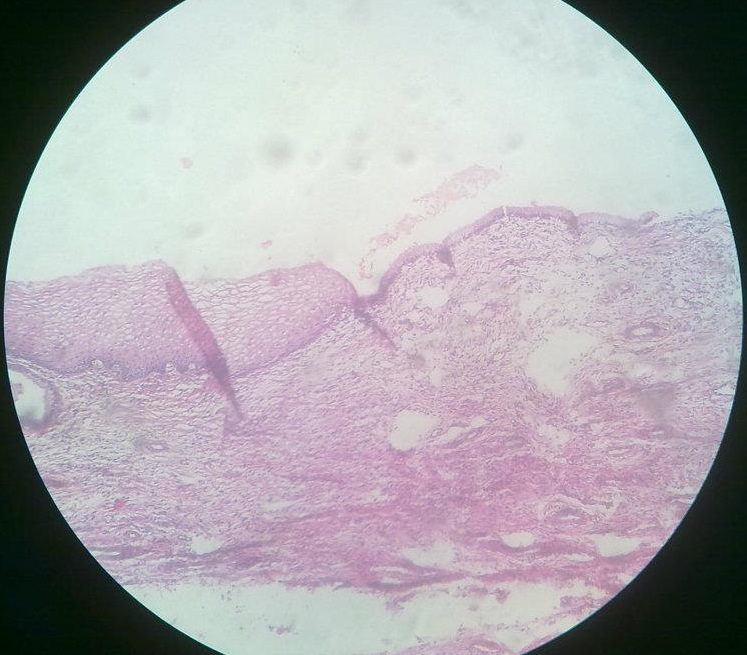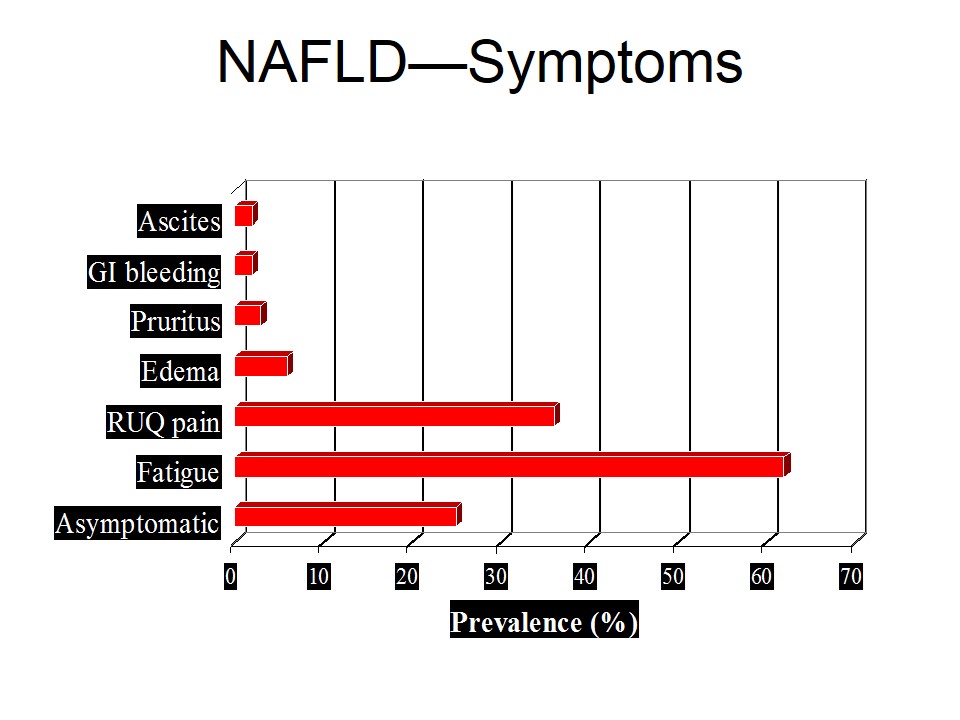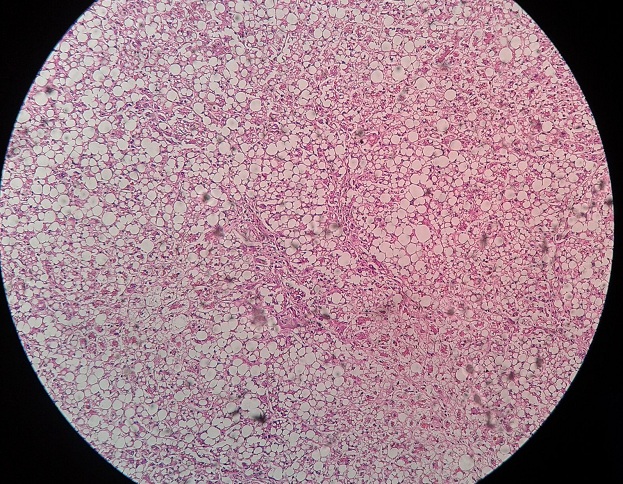Metaplasia is a reversible change in which one differentiated cell type (epithelial or mesenchymal) is replaced by another cell type. It may represent an adaptive substitution of cells, that are sensitive to stress by cell types better able to withstand the adverse environment.
It is the result of genetic reprogramming of epithelial stem cells or of undifferentiated mesenchymal cells in connective tissue.
The influence that predisposes to metaplasia, if persistent, may induce malignant transformation in metaplastic epithelium.
Types of Metaplasia
Metaplasia may be:
a. Epithelial e.g. bronchial, gastric, cervical epithelium
b. Mesenchymal e.g. fractured bone
Metaplasia results in loss of some function. Persistent stimulation leads to dysplasia which may result in carcinoma.
Examples
Epithelial Metaplasia
1. Columnar to Squamous Metaplasia
a. Respiratory epithelium (habitual smokers and vitamin A deficiency)
c. Excretory duct of salivary glands, pancreas and bile duct (in response to stress)
2. Squamous to Columnar Metaplasia
Barrett’s esophagus
Connective Tissue Metaplasia
Formation of cartilage, bone or adipose tissue in those areas that do not contain them e.g. myositis ossificans after intramuscular hemorrhage (bone fracture).

Implications of Metaplasia
a. Complications due to functioning metaplastic epithelium
Gastric mucosa in Meckel diverticulum producing acid and peptic ulceration
b. Loss of normal function:
Loss of ciliary motility function in trachea and bronchi due to squamous metaplasia
c. Infections, calculi (stone) formation:
Stone formation may occur in gall bladder or kidney
d. Pre-neoplastic, neoplastic conversion:
This explains the histogenetic origin of squamous carcinomas in lung e.g. adenocarcinomas in lower end of esophagus.
| Tissue | Normal | Metaplasia | Stimulus |
| Airway | Pseudostratified columnar epithelium | Squamous epithelium | Cigarette smoke |
| Urinary bladder | Transitional epithelium | Squamous epithelium | Bladder stone |
| Esophagus | Squamous epithelium | Columnar epithelium | Gastro-esophageal reflux (Barrett’s Esophagus) |
Want a clearer concept, see
 howMed Know Yourself
howMed Know Yourself




